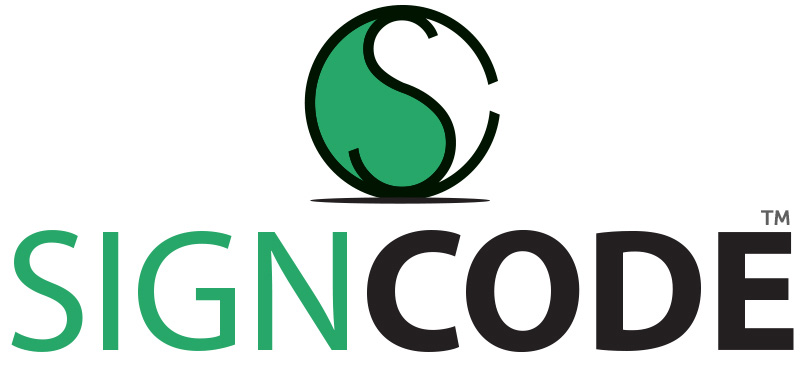As an employer, you are already spending a significant amount of money on developing your staff, whether it is on team-building away days, attending conferences or enhancing technical skills such as coding languages.
Part of your budget should go towards honing soft skills to nurture a positive culture among your workforce. While traditional forms of training might involve presentations, role-plays and task-based problem-solving, you may not have considered Deaf Awareness and BSL as a means of complementing your existing training provision. Yet, there are ample reasons to support implementing Deaf Awareness and BSL training as part of your staff’s ongoing professional development.
Reason 1: Your customers will thank you
There is a lot of buzz around the area of customer experience. While many CX managers are busy mapping customer interactions and implementing email automation, there are people who will find it harder to access your perfectly designed customer journey. If your team members are able to understand the barriers and communicate with a hard of hearing or deaf customer, that person will gain a positive experience of your company. You benefit from increased customer opportunities and accessing a new market by understanding how to make your promotions and offers more accessible leading to increased sales.
Reason 2: Your workforce will be more inclusive
If someone joins the team who is hard of hearing or deaf and communicates in sign language, they will feel more included if staff are deaf aware and have some sign language. The team will also feel more confident in approaching their deaf teammate.
Reason 3: Supporting each other
If you include deaf awareness and sign language training as part of your workplace development programme, it could be fun to foster a “sign language only” hour in the afternoon where those who need to speak to each other can sign. This will give hearing members of staff the chance to practise their new skills with each other and deaf colleagues the opportunity to offer support and be more fully involved in their team’s development.
Reason 4: A chance to develop empathy
One of the most important soft skills you can adopt in the workplace is empathy. Learning sign language or any other language is a fast track to becoming more empathic. As a language learner, the struggles that come with not being able to communicate fluently mean you experience a sense of humility. This means that, if someone joins the team whose first language is not English, co-workers will know to adapt their speech and gesturing to help the newcomer understand better.
Reason 5: Improving non-verbal communication skills
Have you ever sat through a boardroom meeting, asked your colleagues how they felt it went and realised that everyone present has a completely different impression of what actually happened? Deciphering those all-important non-verbal signals can be frustrating. Being able to read another’s body language helps you know your next move in a business situation, so honing those skills is vital for a successful outcome. Learning sign language, your team will improve their ability to pick up on non-verbal cues and will therefore become a better asset in the boardroom or on the sales floor.
These are just a few great reasons to implement Deaf Awareness and BSL training in your company.

